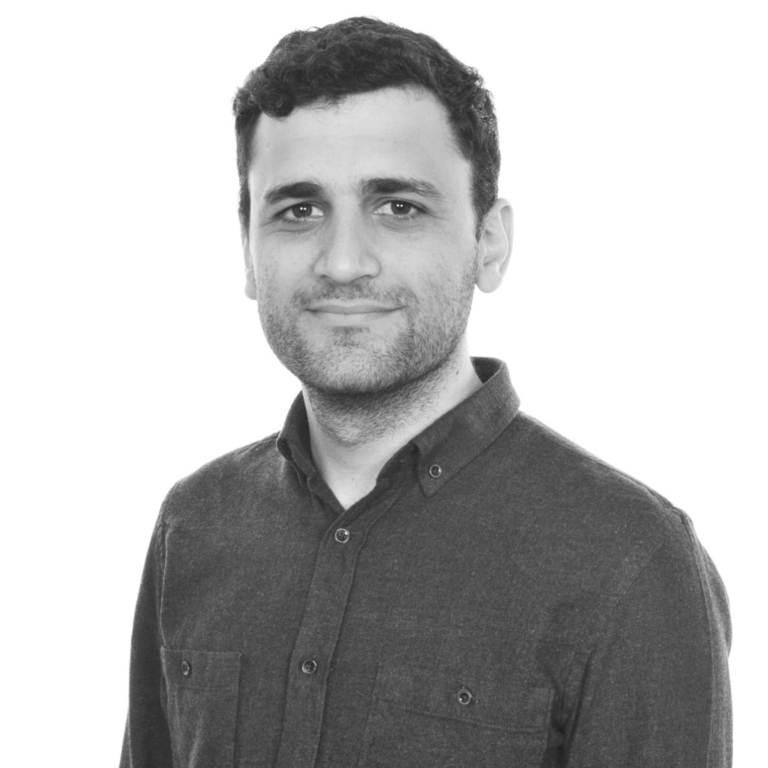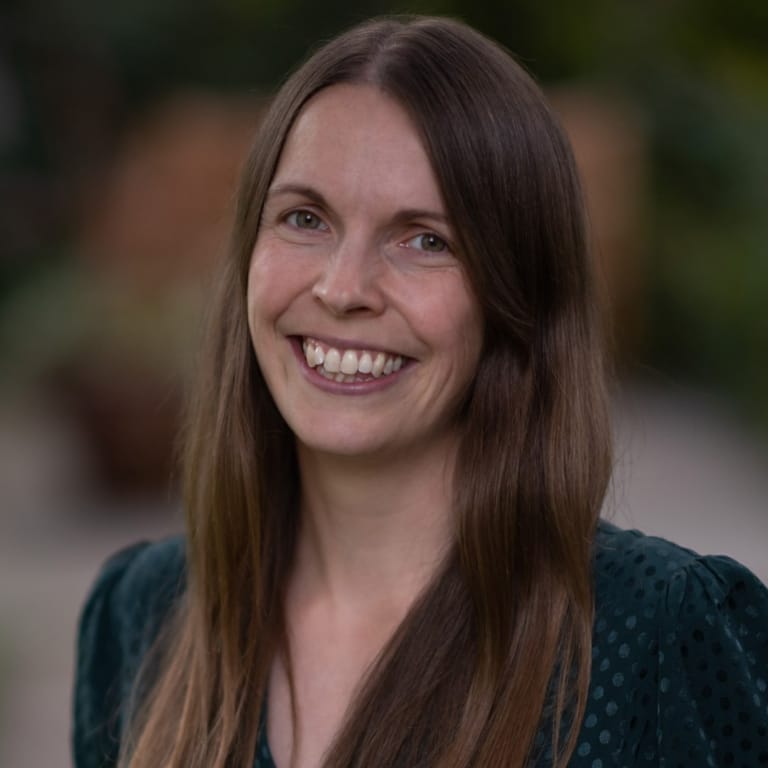This is one of a series of posts discussing our 2019 crop of Lister Fellows. Each of the new Fellows were officially awarded their prestigious Lister Institute research prize at our Annual Event at the University of Oxford in November 2019. In this post we meet Dr Ross Chapman of the University of Oxford.

Dr Ross Chapman carries out research into DNA double-strand breaks (DSBs) as well as the mechanisms of DNA repair regulation, particularly in genome diversification and cancer.If not dealt with properly, DSBs can be toxic and have been known to lead to a variety of serious complications in humans. In addition, research has shown that the B and T lymphocytes of our adaptive immune systems deliberately induce and repair DNA breaks in a mutagenic fashion in order to adapt and diversify antigen receptor molecules.
Dr Chapman’s research programme aims to improve our understanding of the molecular mechanisms that are known to establish an appropriate equilibrium between accurate and mutagenic DNA repair pathways, and also to better understand why imbalances in this particular regulation process can often result in cancer and other human diseases.
DSBs can develop in a variety of ways depending on the context. They may occur spontaneously, be programmed in the body or can also be caused by therapies such as chemotherapy or other similar interventions.
Recent research has shown that identified faults in a cell’s ability to establish an appropriate equilibrium between accurate and mutagenic DSB repair pathways links the mutagenic DNA repair systems that recombine and diversify lymphocyte antigen receptor genes to the mutational processes that trigger the onset of common cancers harbouring deficiencies in the homologous recombination (HR) DNA repair pathway.
Through modelling the function of a particular mutagenic DSB repair pathway in developing and antigen-stimulated lymphocytes, the team has discovered mechanisms that are required for the repair of DNA breaks during V(D)J recombination and immunoglobulin class-switch recombination (CSR).
In addition, the group has then demonstrated that the same processes are responsible for the mutations and genomic instability that accompanies mutation/loss of the tumour suppressor gene BRCA1 in hereditary breast and ovarian cancers. It is hoped that in the future this work will help to challenge the drug-resistance mechanisms that modern therapeutics face in the clinic.
Dr Chapman’s experienced research group also carries out investigations into a variety of other additional processes that have been shown to drive chromosomal instability in cancer, in the hope of identifying particular cellular defects that can one day be exploited to selectively kill cancer cells.
Dr Chapman is Group Head / Principal Investigator, Fellow and Supervisor at the Wellcome Trust Centre for Human Genetics, in the Chromatin and Genome Integrity group, at the University of Oxford.
You can find out more about his research, view his publications and see further details of his academic career at his personal profile on the University of Oxford website.
We are very pleased to be supporting Dr Chapman’s research through a Lister Research Prize and are looking forward to hearing more about his progress in the future.



